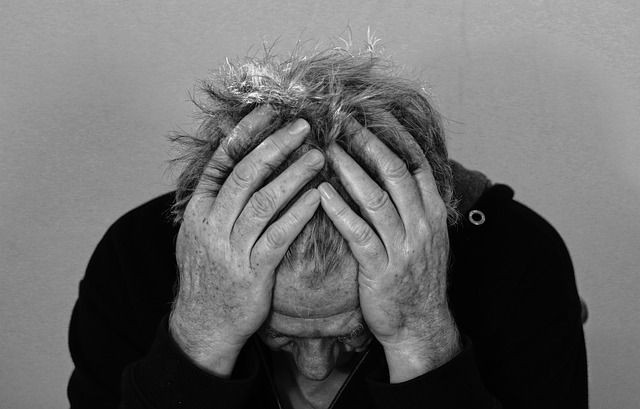Depression And Anxiety Symptoms: How Mental Health Disorders Affect The Human Body

It’s a familiar enough but accurate saying: As the head goes so goes the body.
For mental health conditions like depression or anxiety, that’s especially true. But what exactly happens to us physically when we’re clinically depressed or anxious? And why? Let’s take a look.
A Painful Combo
For decades now, doctors have known about the complex interaction between physical pain and depression and anxiety.
On one end, the stress from chronic conditions like heart disease and cancer can worsen or lead to bouts of major depression and anxiety. But it also works the other way around: People who are already depressed and anxious often report a variety of accompanying physical sensations along their entire body.
This can include lower back pain, stomach pain, and fatigue. In many cases, the presence of physical symptoms is the only indication of being depressed, which can make diagnosis all the more difficult. People who are especially fearful of experiencing anxiety also tend to experience more severe headaches and other types of chronic pain, partly because they’re extremely preoccupied by every physical sensation.
A Shared Cause
As for why depression can be so painful, there appears to be a shared neurological cause. People with depression often suffer from imbalances of the neurotransmitters serotonin and norepinephrine in their noggin. Both help regulate our mood as well as how our bodies respond to physical sensations. So when our brains go haywire for whatever reason, it not only leaves us feeling constantly blue but also ramps up our sensitivity to pain. Other common symptoms of depression and anxiety, like sleep deprivation, can similarly wreck havoc with our pain sensors.
Adding support to the neurotransmitter theory, many antidepressants are known to both treat depression and its physical symptoms, and they’ve also been independently used to treat certain kinds of pain, such as pain caused by nerve damage or chemotherapy.
Unfortunately, many doctors still don’t consider physical pain to be a primary symptom of depression, meaning that many sufferers are declared mentally fit and healthy even as they’re still dealing with chronic pain. While that’s bad enough, people with these lingering symptoms are much more likely to relapse back into depression.
Published by Medicaldaily.com



























